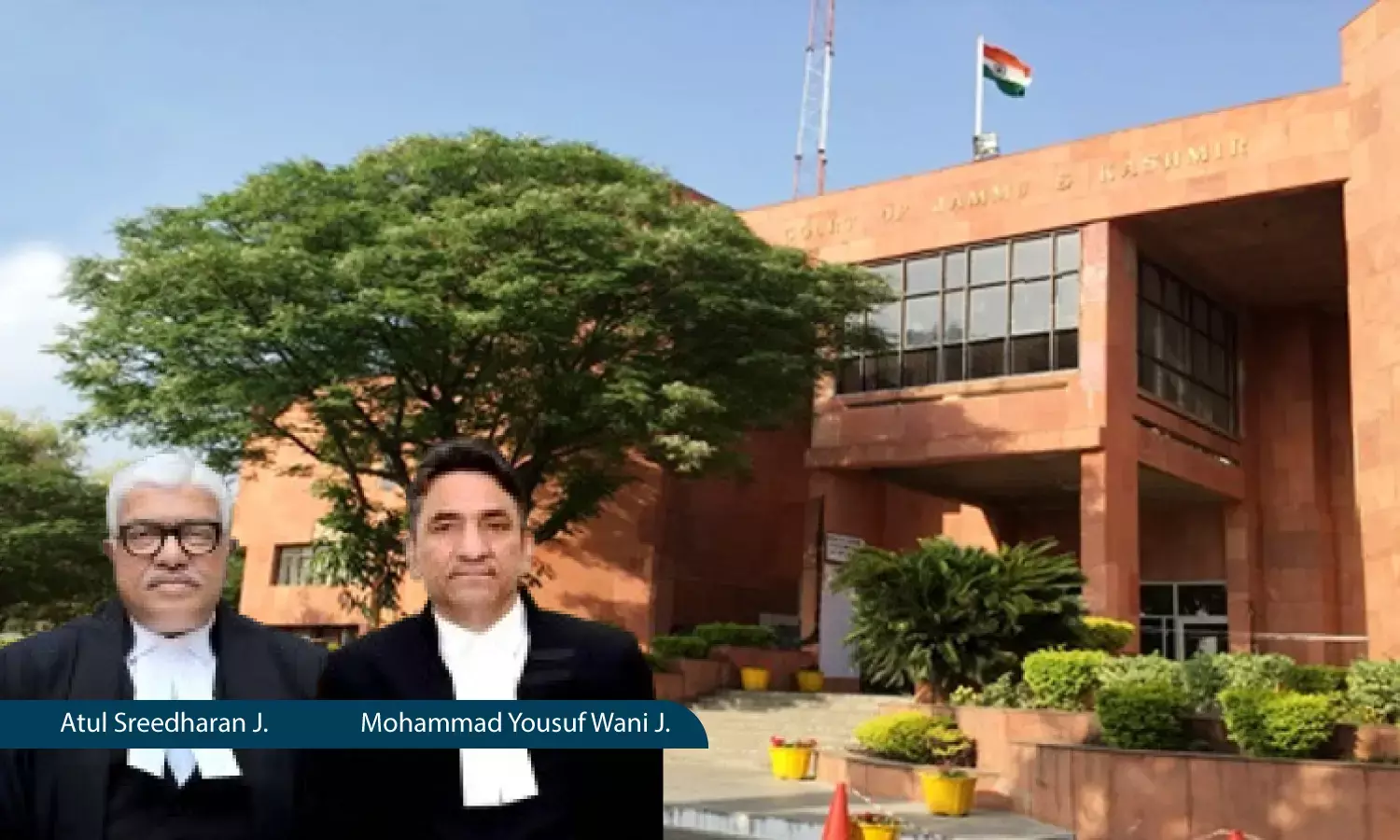Kashmiri Pandit Woman Won't Lose Her Migrant Status Merely Because She Married Non-Migrant: J&K&L High Court

The Jammu and Kashmir & Ladakh High Court ruled that a Kashmiri Pandit woman who migrated from the Kashmir Valley in the 1990s due to security concerns would not lose her "migrant" status simply because she marries a non-migrant.
In the 1990s, as a result of the escalating conflict in the region, many Kashmiri Pandit families were forced to flee the Kashmir Valley. To assist in their return and rehabilitation, the State government in 2009 announced a special job scheme aimed at providing employment to Kashmiri migrants.
In this particular case, the dispute arose concerning two Kashmiri Pandit women who had applied for jobs under this scheme, specifically for the position of Legal Assistants in the Department of Disaster Management, Relief, Rehabilitation, and Reconstruction. These women had been selected for the positions but were removed from the final selection list because they had married non-migrants. The authorities argued that this fact had not been disclosed and that their migrant status had changed due to their marriage. The women, however, maintained that their status as migrants should remain unchanged.
A Division Bench of Justice Atul Sreedharan and Justice Mohammad Yousuf Wani said, “In such a situation, to hold that the woman would lose her status as a migrant only because she, out of the natural urge of forming a family, had to marry a non-migrant on account of existing circumstances, would be grossly discriminatory and militates against the very concept of justice,”
The Court addressed the "question of public importance" regarding whether a Kashmiri migrant woman could lose her status due to marrying a non-migrant.
The Court observed, “Holding thus would be going against the nature of human beings. Respondents herein, who are ladies and on account of no fault of theirs, had to leave their place of original residence in Kashmir Valley, cannot be expected to remain unmarried only to secure a job in the Kashmir Valley as a migrant.”
The Court also noted the inherent gender bias in the existing system, pointing out that male migrants did not lose their status even if they married non-migrants, further reinforcing the discriminatory nature of such a policy. The Court remarked, “Such a situation has arisen only on account of patriarchy that prevails in the human race. However, in matters relating to employment under the State/UT, such discrimination cannot be countenanced,”
The Court further clarified that the women in question had not lost their migrant status. The definition of a "migrant" under the relevant laws is someone who was forced to leave the Kashmir Valley after 1989, which was a condition the women met. The Court emphasized that the State’s contention regarding the non-disclosure of the women's marriage status was irrelevant, as the original job advertisement did not specify that marriage to a non-migrant would lead to the cancellation of candidacy.
Additionally, the Court noted, “Further, the appellants [State] have not been able to show how material injustice has been taken place to those who could not get selected otherwise on account of such non-disclosure. Therefore, this argument is also rejected,”
Upholding the decision of the Central Administrative Tribunal (CAT), the High Court directed the State authorities to issue appointment orders to the two women within four weeks.
Cause Title: UT of J&K & Ors. v. Seema Koul & Anr.
Appearance:
Appellants: Senior Additional Advocate General Monika Kohli and Advocate Bhannu Jasrotia,
Respondents: Senior Advocate Bimal Roy Jad, along with Advocates Meenakshi Salathia Kaur and Veenu Gupta


